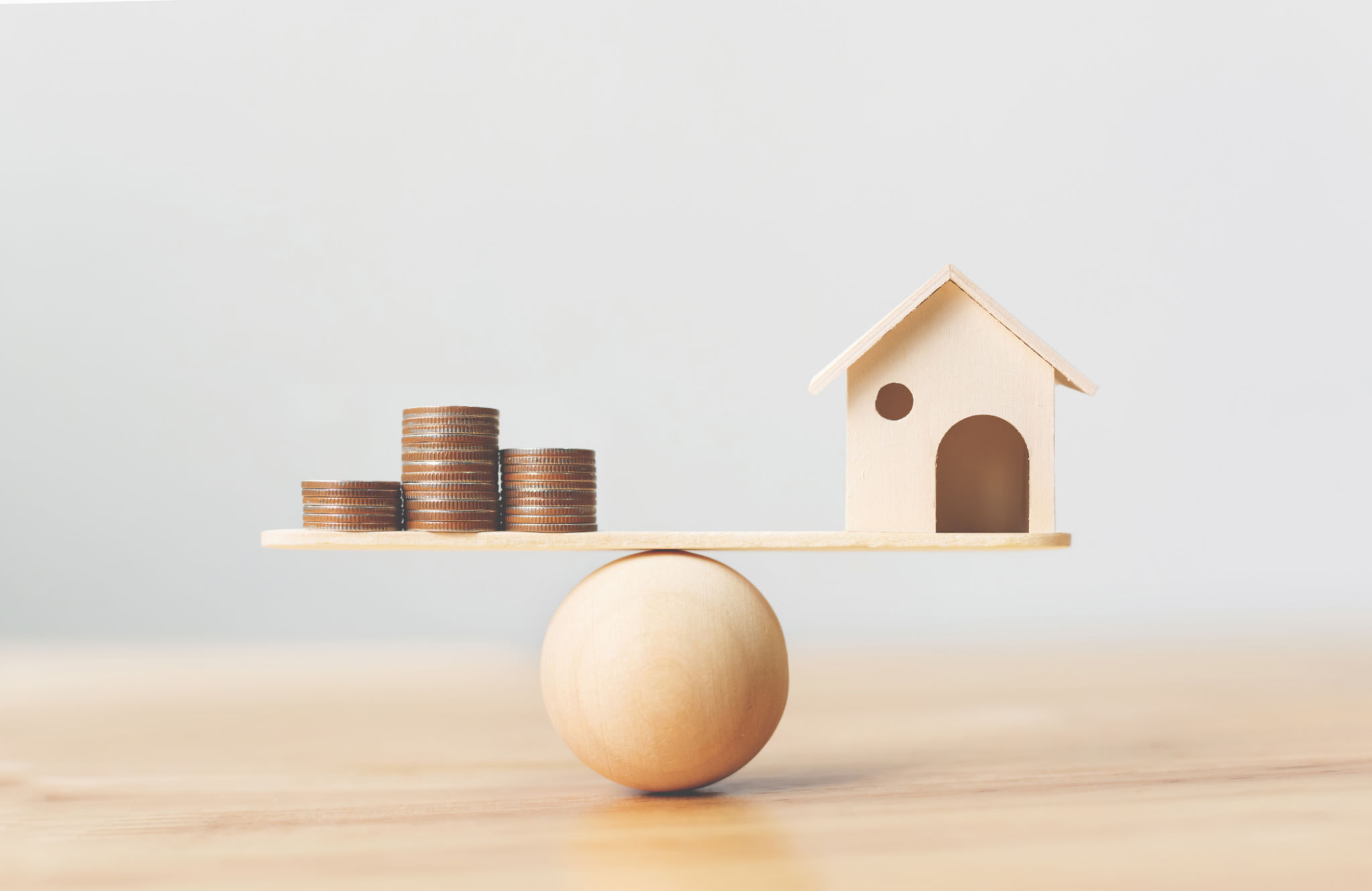How to Build a Resilient Financial Plan in Uncertain Times
Understanding Financial Resilience
In today's world, economic uncertainties can arise from a myriad of factors such as global pandemics, market volatility, and unforeseen personal circumstances. Building a resilient financial plan is crucial for navigating these uncertainties. Financial resilience is the ability to withstand and recover from financial challenges, ensuring that your long-term goals remain intact.

Establishing an Emergency Fund
The cornerstone of any resilient financial plan is a robust emergency fund. This fund acts as a safety net during unforeseen events such as job loss, medical emergencies, or unexpected repairs. Aim to save at least three to six months' worth of living expenses in a highly liquid account.
To build your emergency fund, start by setting aside a small portion of your income each month. Automate your savings to ensure consistency and gradually increase the amount as your financial situation improves. Remember, an emergency fund is for genuine emergencies, not for planned expenses or discretionary spending.
Diversifying Investments
Diversification is a key strategy in building a resilient financial plan. By spreading your investments across a variety of asset classes such as stocks, bonds, and real estate, you can mitigate risks and reduce the impact of market fluctuations. Diversification helps balance potential losses with gains in other areas of your portfolio.

Regularly Reviewing Your Financial Plan
Financial planning is not a set-it-and-forget-it task. Regularly reviewing and adjusting your financial plan is essential to maintaining its resilience. Schedule periodic reviews—at least annually—to assess your progress, evaluate changes in your life circumstances, and make necessary adjustments to your goals and strategies.
During these reviews, consider factors such as changes in income, expenses, investment performance, and any new financial goals. This proactive approach ensures that your financial plan remains aligned with your current needs and future aspirations.
Managing Debt Wisely
Effective debt management is another crucial component of a resilient financial plan. High-interest debt can quickly erode your financial security, so it's important to prioritize paying down such obligations. Consider using strategies like the avalanche method, which focuses on paying off high-interest debt first, or the snowball method, which targets smaller balances to gain momentum.

Building Multiple Income Streams
Relying on a single source of income can be risky in uncertain times. Building multiple income streams can provide additional security and financial resilience. Consider exploring side hustles, freelance opportunities, or passive income sources like rental properties or dividend-paying stocks.
Multiple income streams not only enhance financial stability but also offer opportunities for personal growth and skill development. Choose pursuits that align with your interests and strengths to ensure sustainability and enjoyment.
Planning for Retirement
A resilient financial plan must also consider long-term goals like retirement. Ensure that you are contributing consistently to retirement accounts such as 401(k)s or IRAs. Take advantage of employer-matching programs if available and consider consulting with a financial advisor to develop a comprehensive retirement strategy.
By starting early and contributing regularly, you can benefit from the power of compounding interest over time. Keep track of your retirement savings progress and adjust contributions as needed to stay on track with your retirement goals.
Conclusion
Building a resilient financial plan requires careful planning, regular review, and adaptability to changing circumstances. By establishing an emergency fund, diversifying investments, managing debt wisely, creating multiple income streams, and planning for retirement, you can strengthen your financial position even in uncertain times. Remember, the key is to stay informed and proactive in managing your finances to ensure long-term stability and security.
